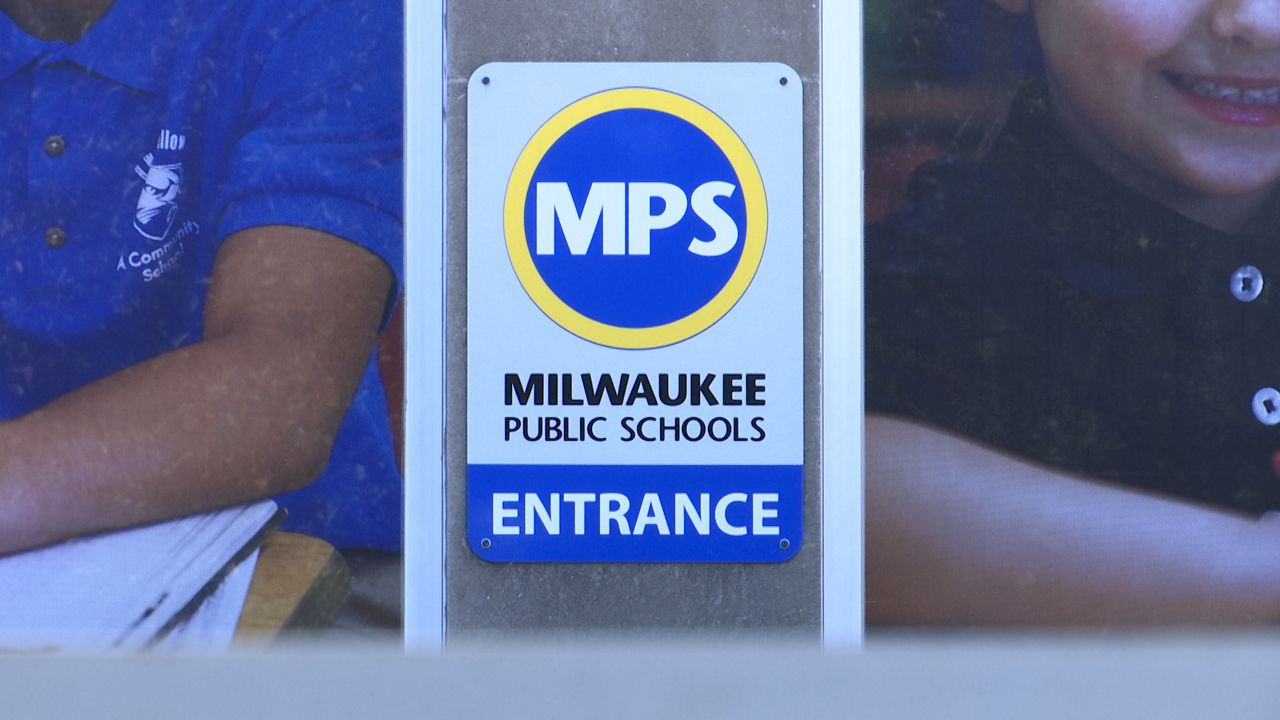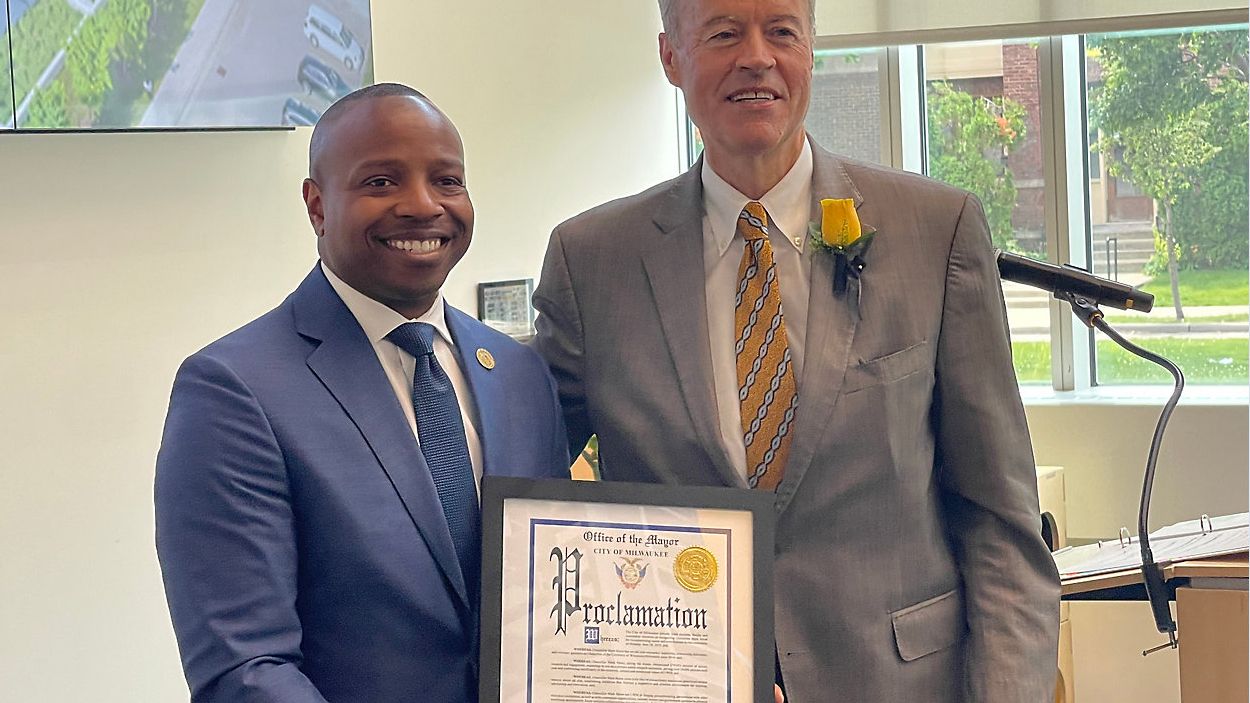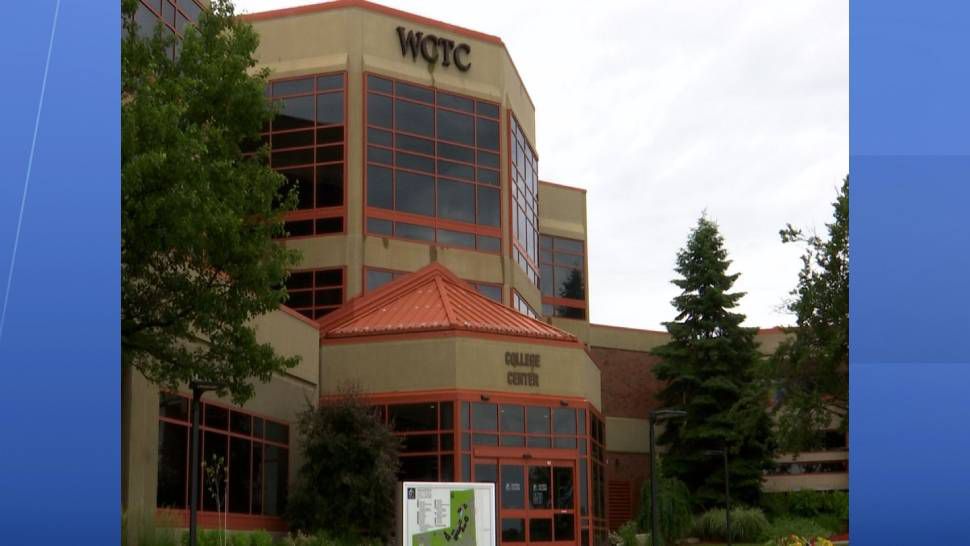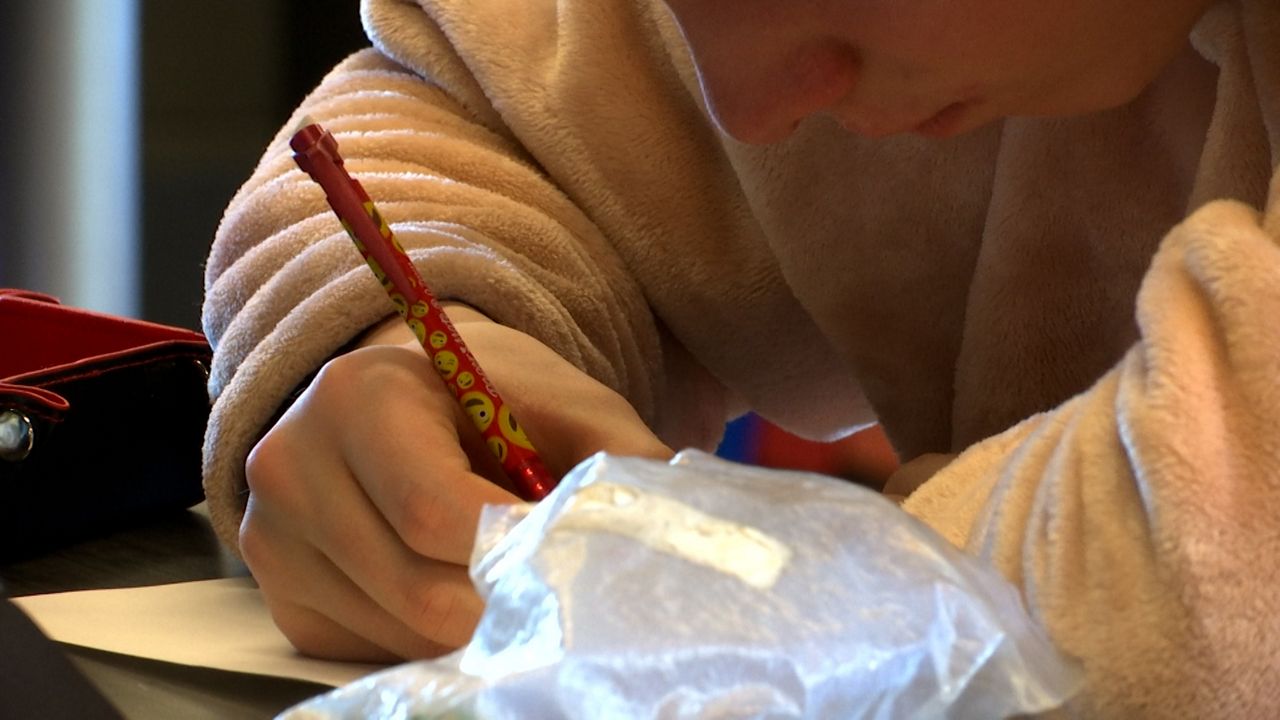MILWAUKEE — A new instructional audit of Milwaukee Public Schools finds that the current system of learning is “inconsistent” and “lacks a clear focus.”
The independent audit was the second of two that the Evers administration ordered after MPS failed to submit required annual financial audit reports to the Wisconsin Department of Public Instruction.
“Directing these independent audits of MPS was always about doing what’s best for our kids—to help improve student outcomes, create a culture of high achievement, better support the work of our educators, staff and administrators in helping our kids succeed, and begin the work of restoring trust between the community and the district,” said Gov. Tony Evers in a release.
Unlike the first audit, which focused more on organizational structures and was released in February, this one looked closely at classrooms and the supporting educators.
Completed by MGT of America Consulting LLC, the audit found that professional development for educators is often “dispersed and unfocused.” The audit said this results in “staff who are spread too thin to provide meaningful implementation support to schools.”
Teachers in the audit said the materials provided in these improvement opportunities are also “disconnected from classroom realities.”
The audit suggests teachers need more time for professional development and collaboration. It recommended hosting “regular, high-quality opportunities for job-embedded” professional development.
Implementation of current core learning materials is also “inconsistent,” the audit finds. It said that’s because there’s a “lack of training” about them.
Foundational literacy instruction is among those inconsistencies, which the audit says contributes to low rates of reading proficiency in the district.
Because of these findings, the audit recommended MPS establish a vision for teaching and learning and create systems where staffing is intentional. It also recommended supporting implementation of “new curriculum resources” and guaranteeing “access to evidence-based reading instruction.”
Improper staffing contributes to this as well. Many schools in MPS struggle with staffing shortages, leading to burnout, the audit found.
It said this is especially an issue in schools with historically low academic performance, where there are no “effective systems” in place to ensure qualified teachers are placed there.
In the current structure, the audit said principles also struggle to prioritize instruction over operations and student behavior.
As far as culture among leaders, the audit finds that “poor communication” is leading to “disempowerment” and that the district is missing opportunities to “celebrate, acknowledge and learn from wins.”
It also finds that people are operating in “silos” at every level of the district staff.
To fix this, the audit suggests nurturing a “collective efficacy,” including celebrating the wins.
For student culture, it finds inconsistencies in what specialized programs are offered and how behavior is dealt with. Suspensions, it found, are given at a disproportionate rate to Black students and a higher rate for seventh through ninth-grade students.
One suggestion in the audit is to support a more positive student culture and define what that looks like. It also said the district should be better at providing “intentional access to opportunities.”
The audit also points to family engagement as an area for improvement, stating that some “have built strong family relationships while others struggle to communicate with families at all.” That’s because MPS doesn’t have a structure in place to establish those relationships, it says.
In order to fix this, the audit said MPS must create that vision and system, empowering families to be partners of the district. It said it can do that by replicating other successes at specific schools.
In total, the audit gave MPS 38 actionable recommendations to implement. The district has not yet released a statement reacting to the audit.
“It’s always been important to me that MPS has the tools and support it needs, and these independent audits were a critical step toward helping get MPS back on track toward doing what’s best for our kids,” Evers said in the release. “With new leadership, I think the district is taking steps to be headed in the right direction, and I look forward to the district implementing these audit findings and recommendations without delay.”
Evers directed $5.5 million to support the two independent audits, and about $3 million of that is allocated toward implementing recommendations.
Evers has proposed including $5 million to support this effort in his 2025-27 biennial budget. However, that funding is still up in the air as Republicans work to solidify a budget.
You can read the full audit below:











